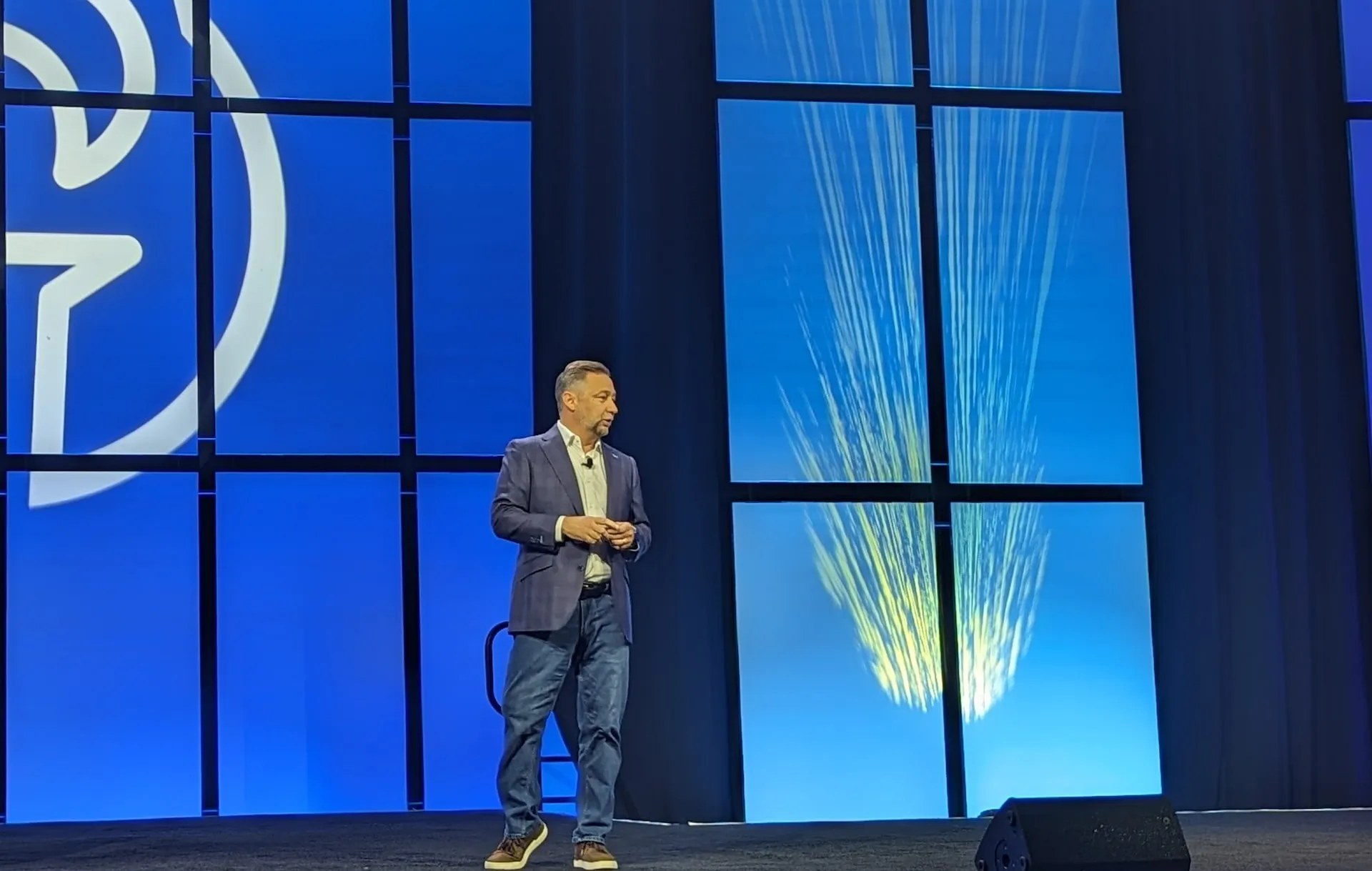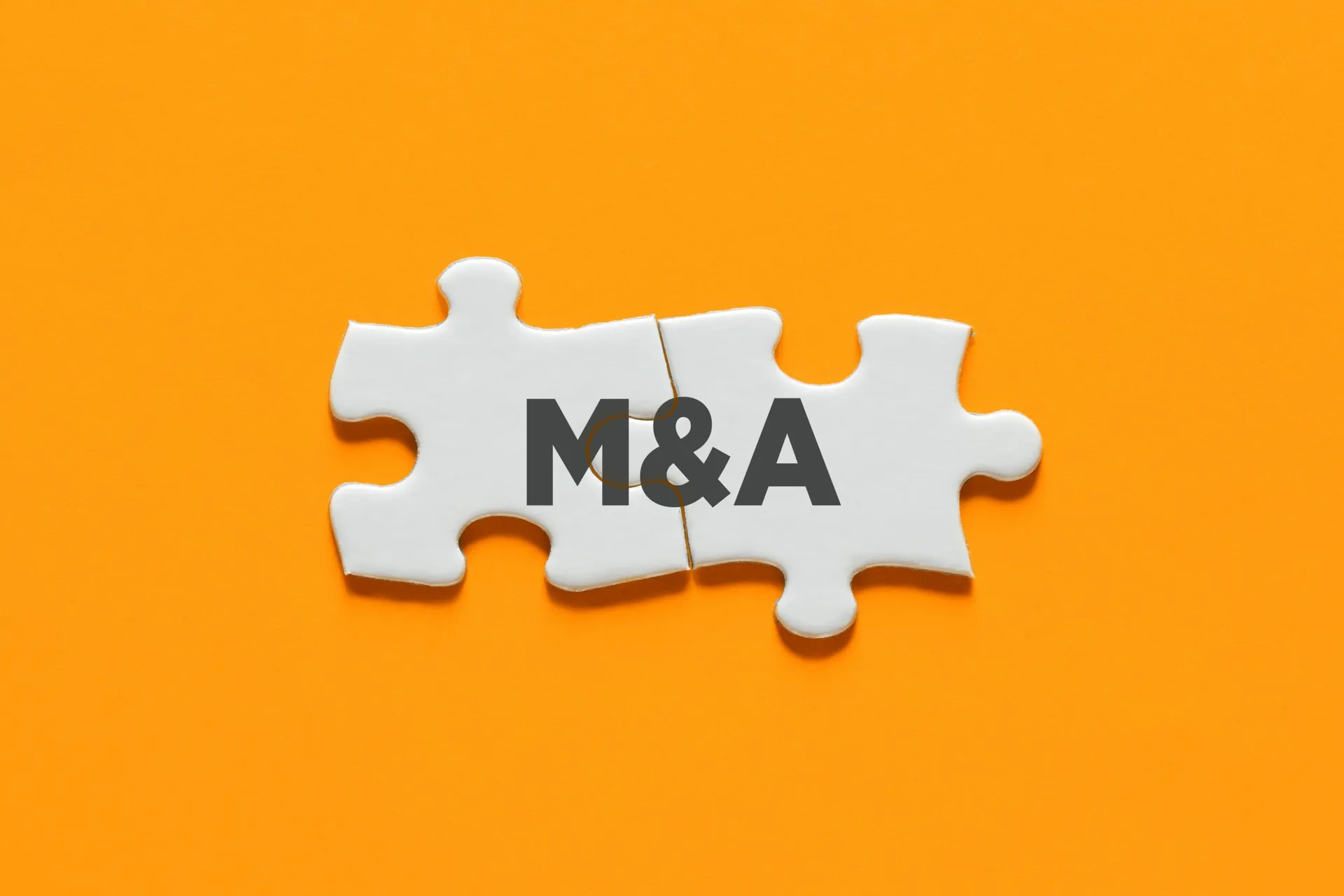It’s an ultra expensive (and a white hot) market for private equity investors, as more fund managers compete for high-priced deals that some worry could ultimately prove costly. Private equity (PE) funds are sitting on more than $1 trillion stockpiled from investors earmarked for acquisitions, so there’s beaucoup bucks but at what price?
Persistent high prices, the threat of a recession and other factors are making deal-makers nervous, Bain & Co. said in its Global Private Equity Report, 2019. It’s difficult to forecast winners and losers, the consultant said. “So, while the good times are rolling, some bells of worry are tolling.”
Understanding EBITDA and Valuation Multiples
So, are we driving towards a price bubble?
First, a little scene-setting: Mergers and acquisitions (M&A) sellers and buyers typically set purchase prices based on multiples of EBITDA (earnings before interest, taxes, depreciation and amortization), which is considered appropriate in that it’s used by investors to assess value. The EBITDA multiple is a financial ratio that compares a company's enterprise value to EBITDA. (Enterprise value is figured as total market capitalization plus debt and preferred shares, minus the company's total cash).
What’s important to remember is that EBITDA as a mechanism to calculate value is a concept not a methodology. It’s applicable on a case-by-case basis based on the business involved in an M&A, PE or venture capital transaction. It’s not a standard.
Private Equity Buyouts: Overpriced?
With that said...since Q1 2016 the median EV/EBITDA multiple has ranged from 10.5x to 11.5x in Q1 2019, according to PitchBook, a Seattle-based outfit that tracks M&A, venture capital and PE trends. That means a good portion of deals getting done between then and now have been overpriced. Much of the high multiples has come from equity contributions, which increased from 4.8x to 5.7x, Pitchbook's data indicates. Are the high multiples merely the cost of doing business or is not enough caution being paid to the potential long-term cost?
“Despite nine interest rate hikes since December 2015, US PE EV/EBITDA buyout multiples have remained remarkably steady,” said Alex Lykken, a senior analyst at PitchBook, in a blog post. “The four-quarter rolling median, which helps smooth out that trend over time, has increased by a single turn since early 2016, when the first rate increases (from .75% to 3% now) were taking effect,” he said. “From PE's standpoint, the concern was whether the inevitable increases would be done too quickly or unpredictably. The opposite happened, with nary a blip in multiples as a result.”
As interest rates climb and PE continues to amass huge sums of investment capital that’s sitting on the sidelines for now, investors will need to find “creative solutions to ease the pressures of this expensive market,” Lykken said, particularly a focus on “downside protections.” Among them are dividends and sale-leasebacks, he said. “Because land and buildings tend to sell at higher valuations than the companies themselves, PE firms have taken to selling those assets and leasing them back, capturing a sort of multiple arbitrage and blending down the overall purchase price multiple.”
IT Service Provider, MSP and Consulting Valuations
The valuation information above isn't specifically tied to the MSP or IT service provider market. But there could still be cause for concern for channel partners.
Much of the MSP software market is now private equity owned, and anecdotal evidence suggests the industry continues to perform well. Just last week, SolarWinds announced financial results that largely met or exceeded Wall Street's expectations. The IT management company, though publicly held, still has some private equity backing.
The bigger area of concern may involve the actual MSP partner ecosystem. Private equity firms and larger MSPs are trying to ink more buyouts, but they're having a difficult time finding quality companies to pursue. And increasingly, some negotiations are breaking down over valuation and/or earnout terms, ChannelE2E has heard from multiple sources.
Additional insights from Joe Panettieri.




